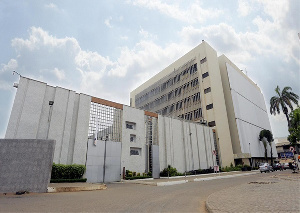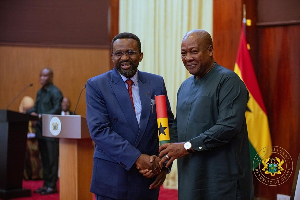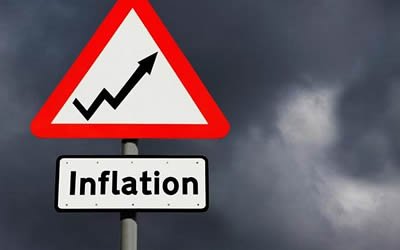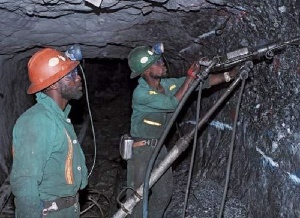Facebook expands its third-party fact-checking programme to Ghana
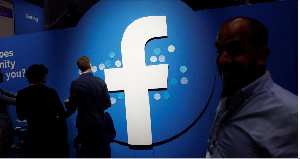
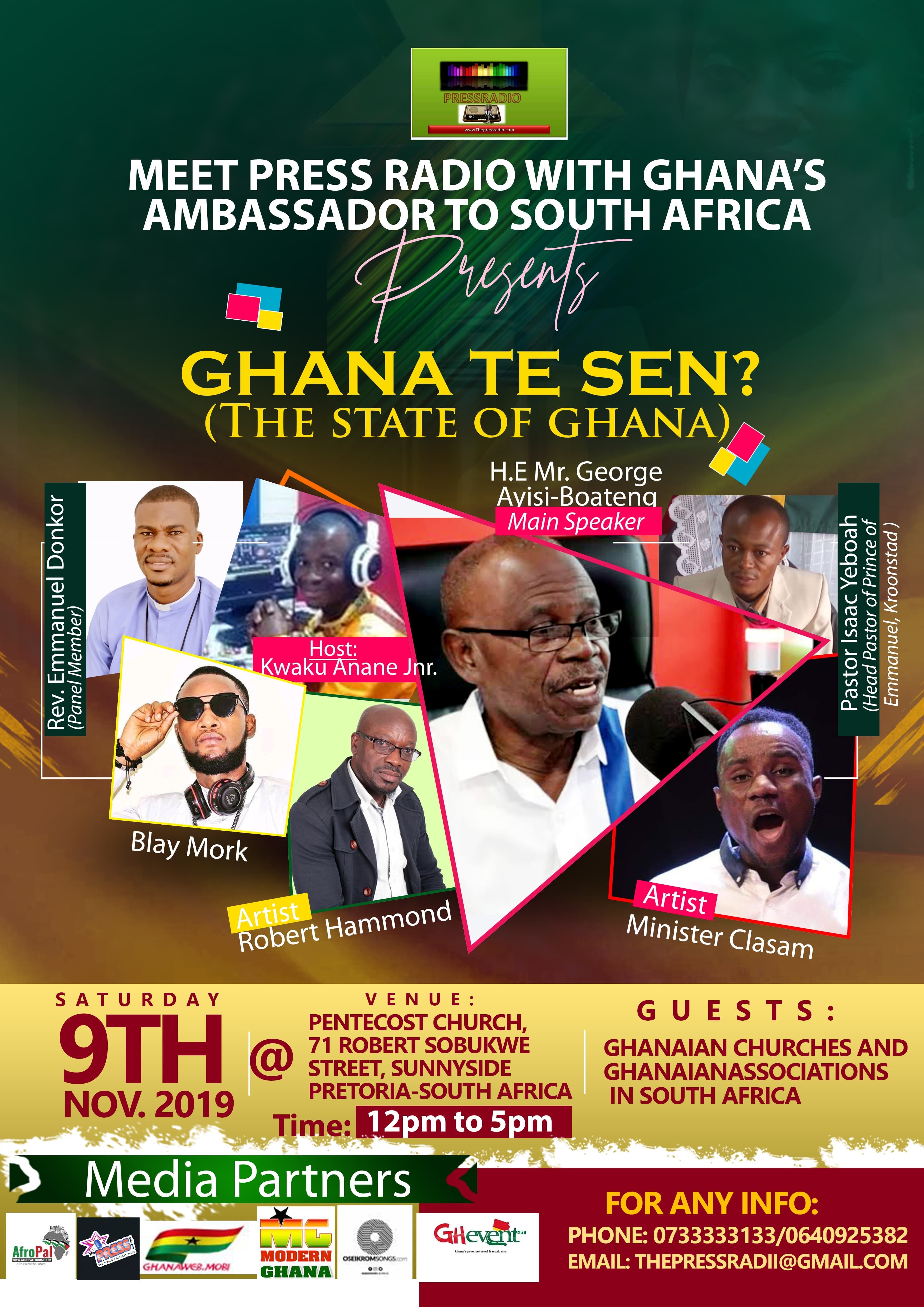
Facebook has expanded its Third-Party Fact-Checking programme, aimed at preventing false or fake stories from going viral to 10 additional African countries including Ghana.
The move forms part of efforts aimed at helping assess the accuracy and quality of news people find on Facebook, whilst reducing the spread of misinformation.
A press statement issued in Accra by Facebook explained that using feedback from Facebook users is one of many signals Facebook uses to raise potentially false stories to fact-checkers for review.
It said local articles will be fact-checked alongside the verification of photos and videos.
“If one of our fact-checking partners identifies a story as false, Facebook will show it lower in News Feed, significantly reducing its distribution,” the statement said.
Fact-checking
Facebook first started the third-party fact-checking programmes in Kenya, Nigeria, South Africa, Cameroon and Senegal.
Beginning this week, 10 other African countries including Ghana, Ethiopia, Zambia, Somalia, Burkina Faso, Uganda, Tanzania, Democratic Republic of Congo, Cote d’Ivoire and Guinea Conakry have been added to the fact-checking programme.
The statement explained that in partnership with Agence France-Presse (AFP), the France 24 Observers, Pesa Check and Dubawa, this programme forms part of its work in helping assess the accuracy and quality of news people find on Facebook, whilst reducing the spread of misinformation on its platform.
It said working with a network of fact-checking organizations, certified by the non-partisan International Fact-Checking Network, third-party fact-checking will now be available in Ghana through Dubawa.
In Ethiopia, Zambia, Somalia and Burkina Faso through AFP, Uganda and Tanzania through both Pesa Check and AFP, Democratic Republic of Congo and Cote d’Ivoire through the France 24 Observers and AFP, and in Guinea Conakry through the France 24 Observers.
The Facebook Head of Public Policy in Africa, Mr Kojo Boakye said: “The expansion of third-party fact-checking to now cover 15 countries in a little over a year shows first-hand our commitment and dedication to the continent, alongside our recent local language expansion as part of this programme.”
“Taking steps to help tackle false news on Facebook is a responsibility we take seriously, we know misinformation is a problem, and these are important steps in continuing to address this issue. We know that third-party fact-checking alone is not the solution, it is one of many initiatives and programmes we are investing in to help to improve the quality of information people see on Facebook. While we’ve made great progress, we will keep investing to ensure Facebook remains a place for all ideas, but not for the spread of false news,” Mr Boakye added.
He said when third-party fact-checkers fact-check a news story, Facebook will show these in Related Articles immediately below the story in News Feed, Page Admins and people on Facebook will also receive notifications if they try to share a story or have shared one in the past that’s been determined to be false, empowering people to decide for themselves what to read, trust, and share.
Dubawa
The Programme Officer of Dubawa in Ghana, Caroline Anipah added: “Dubawa is excited to be in Ghana where the misinformation and disinformation have become widespread as a result of technological advancement and increasing internet penetration. Dubawa intends to raise the quality of information available to the public with the ultimate aim of curbing the spread of misinformation and disinformation and promoting good governance and accountability.”
Source: www.dailygraphic.com

